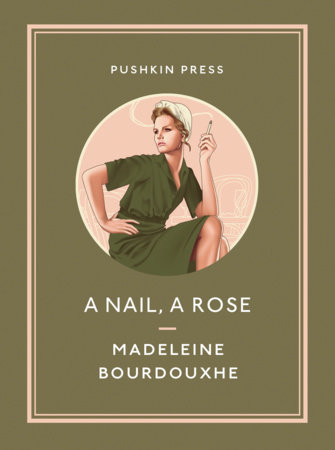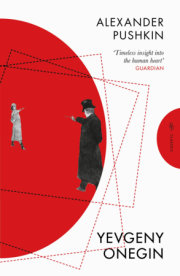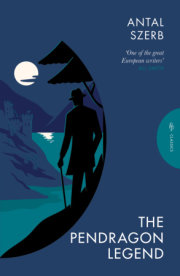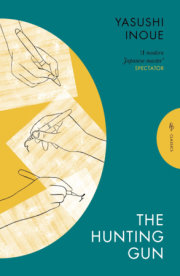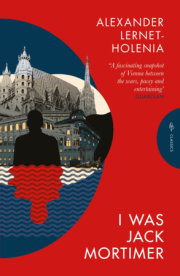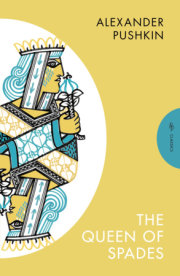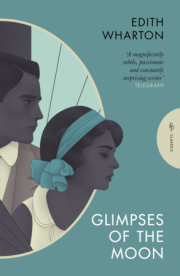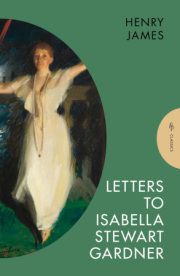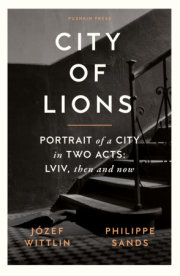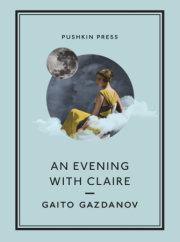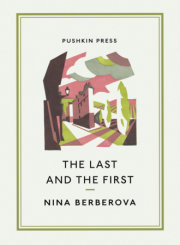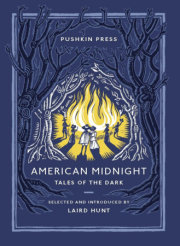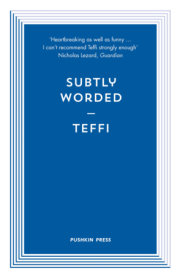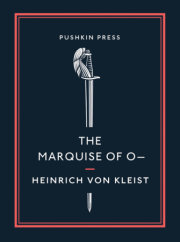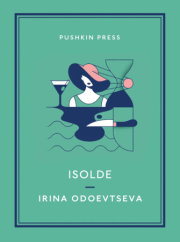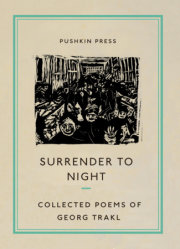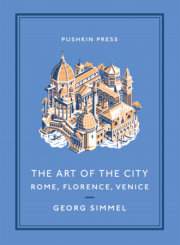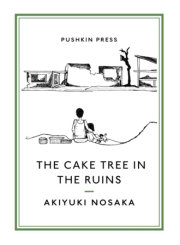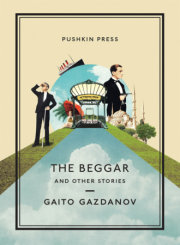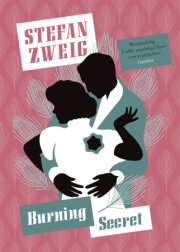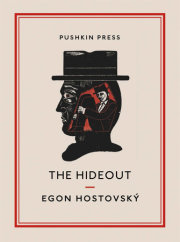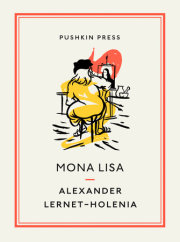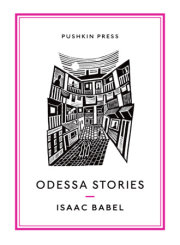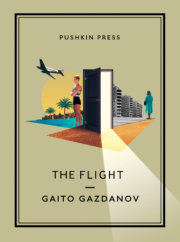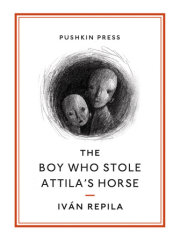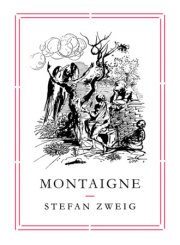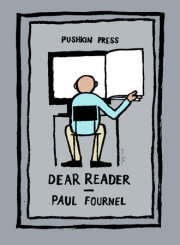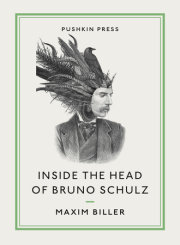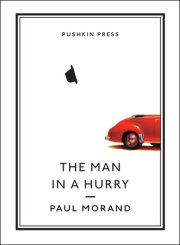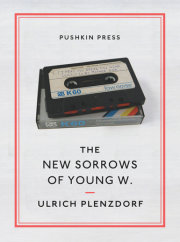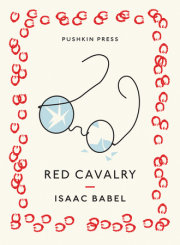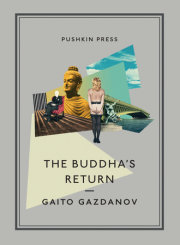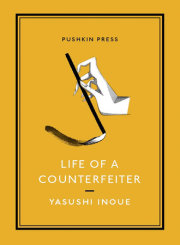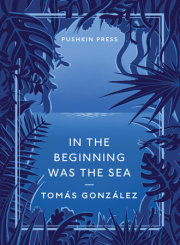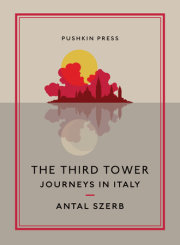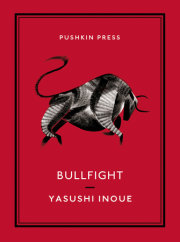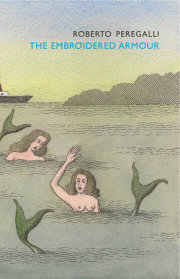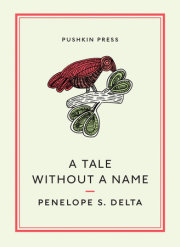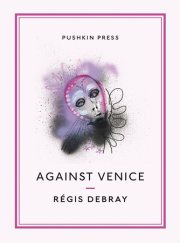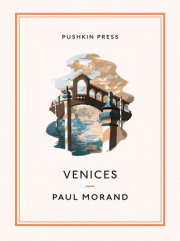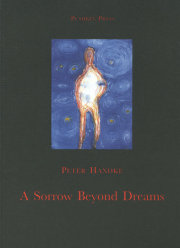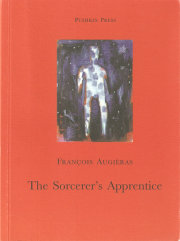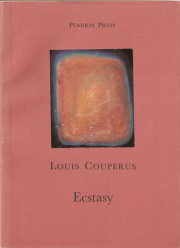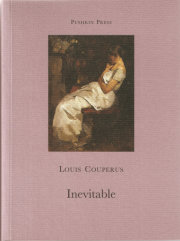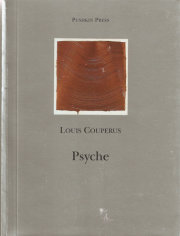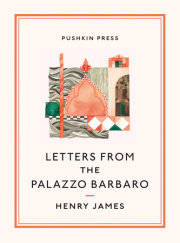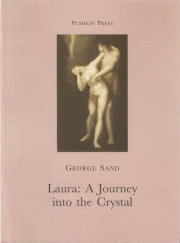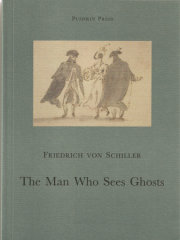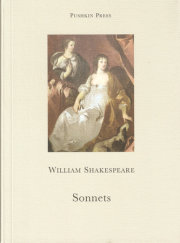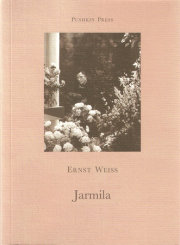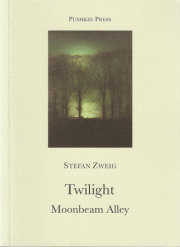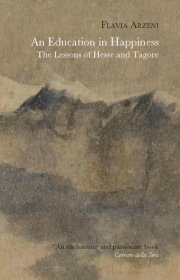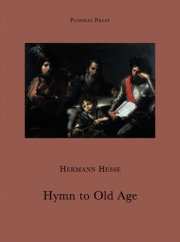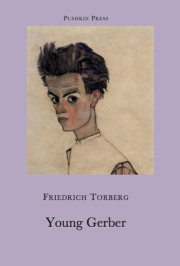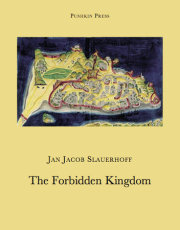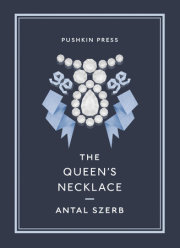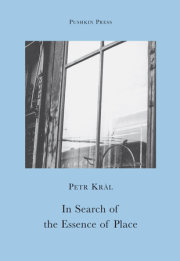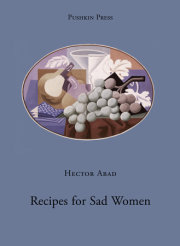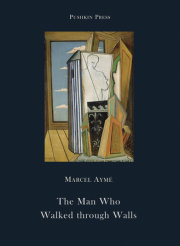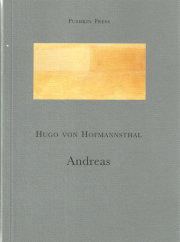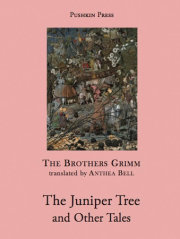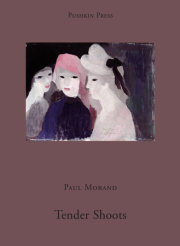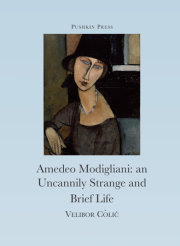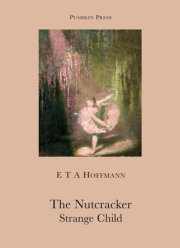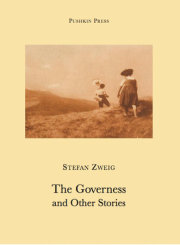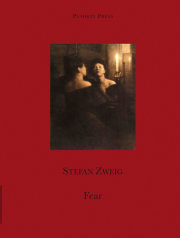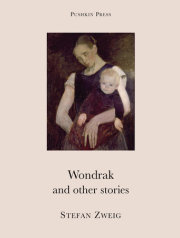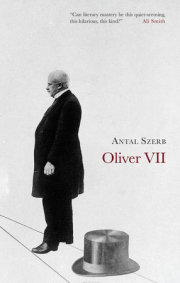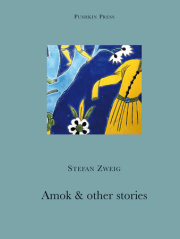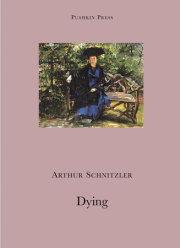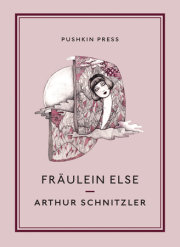A Nail, A Rose
Walking through the streets, Irene could see no
light. She passed other people on the pavements
and in the streets, but couldn’t see them either. All she
could see was the image of Danny, picking up his glass
in both hands and twisting it so that the beer swirled
around in the bottom. He wasn’t saying anything. Irene
was talking and going slowly mad.
‘There is something,’ she had said, ‘there is something
you’re not telling me… it might be something that you
think is true but isn’t at all… Tell me,’ she said. ‘Explain
to me, speak, just speak to me…’
He hadn’t answered; but then they weren’t in the habit
of explaining things to each other. That was how it was
between them, they had no need of words. Then she’d
said to herself that all she had to do was to walk out, all
she had to do was to leave behind her, just as it was, this
thing that she would never understand.
She could no longer remember whether she had
said goodbye. She thought she hadn’t; she thought she
had just got up, walked across the room and opened the
door. He didn’t move or follow her. They were in the
café where they often used to meet – the sign outside
had the name of a flower on it, something like lily of
the valley, or wallflower. It wasn’t that she’d forgotten,
but she always tried not to think of it. She walked into
the street, but he didn’t come after her, he didn’t shout:
‘Irene!’
She was walking in the dark roads. It hadn’t happened
that day, nor even the day before: it was a long time ago
now. But ever since, whenever she walked through the
streets, she always saw the same image, of Danny picking
up his glass in both hands, swirling the beer at the
bottom of it and saying nothing, whilst she talked and
went slowly mad.
She was tired and the road was steep, so she waited
at a tram stop. Sitting in the carriage, she closed her eyes,
but images continued to assault her: his face, his hair, the
hands she loved so much. Tears began to rise up through
her body. She didn’t like crying in the tram; it was much
better to talk to yourself instead. Whatever it was, she
would never understand it now…
Danny and Irene: that she did understand, she understood
it perfectly, and she thought it meant she could
understand the rest of the world as well: Danny and
Irene, and the whole world. But she would never now
understand the line that ran between them, like an arrow
with a sharp point at either end. And the whole world
was now this line.
Whenever they had met again after a parting, they
had come together like two hands joining. They were
like two hands of one being, finger against finger of the
same length, palm against palm. And two hands of the
same being are clasped together because of the same
joy or the same agony. He didn’t say, ‘I love you,’ and
nor did she. Plenty of people say ‘I love you,’ but what
existed between them wasn’t the same as what exists
between those people. Instead of saying ‘I love you,’ he
said: ‘Irene’. And she said ‘Danny’.
Sometimes they were at the heart of love, like a bee in
a closed flower. But only sometimes, because that wasn’t
the sole aim of their encounters. Two hands can join
together in joy, in torment, in emotion, in prayer, or in
revolt; but their love-making was a whole in which they
touched on hope and despair. Because their love-making
was savage and it was pure. They made love in heather,
in orchards, in fields of cut corn; in bedrooms, too, and
in other people’s beds: that was their right.
When they made love the only words they spoke were
‘Danny’ and ‘Irene’. Danny never gave her lilies of the
valley, nor perfume, scarves or rings; his presents would
be an ear of corn, a nail or a leaf. He sometimes gave
her fruit; but not the sort of fruit that changes and turns
putrid – the fruit that he gave her had hard, dry outlines
and a fixed shape, like kernels.
She had got off the tram and was walking again,
towards her house, in the slippery, deserted streets of
the outskirts. A recent fall of snow, now half-melted, had
been hardened by frost, and there were sheets of ice all
over the place: she had to walk slowly. She could hear
footsteps behind her, but they were some way away, and
she paid no attention to them. A leaf, a nail, a kernel. How
she had loved his hands, and his fair hair… in heather, in
orchards, in fields of cut corn…
By now night had fallen, and the verges and the waste
ground seemed to be etched in black and white: the only
branches she could see were those on which snow was still
lying. She was living through a present without a future,
she was carrying inside her a love with no tomorrow. The
world was empty, and she was walking along a road of
hardened mud and snow.
It was a black night. In this year 1944 the darkness was
total, the few houses that she passed black and dead. The
road was deserted apart from those footsteps behind her;
they were getting closer but still she paid them no attention.
In heather, in orchards, in fields of cut corn… Now
the man’s footsteps were right behind her, he was close
up to her, almost at her back, and he was hitting her on
the head. Irene felt the blow while still lost in the memory
of love. She turned round and saw a man wearing a cap,
with a hammer in his raised hand.
‘Take everything I have,’ she said, ‘just don’t hit me
any more.’
Copyright © 2019 by Madeleine Bourdouxhe. All rights reserved. No part of this excerpt may be reproduced or reprinted without permission in writing from the publisher.

